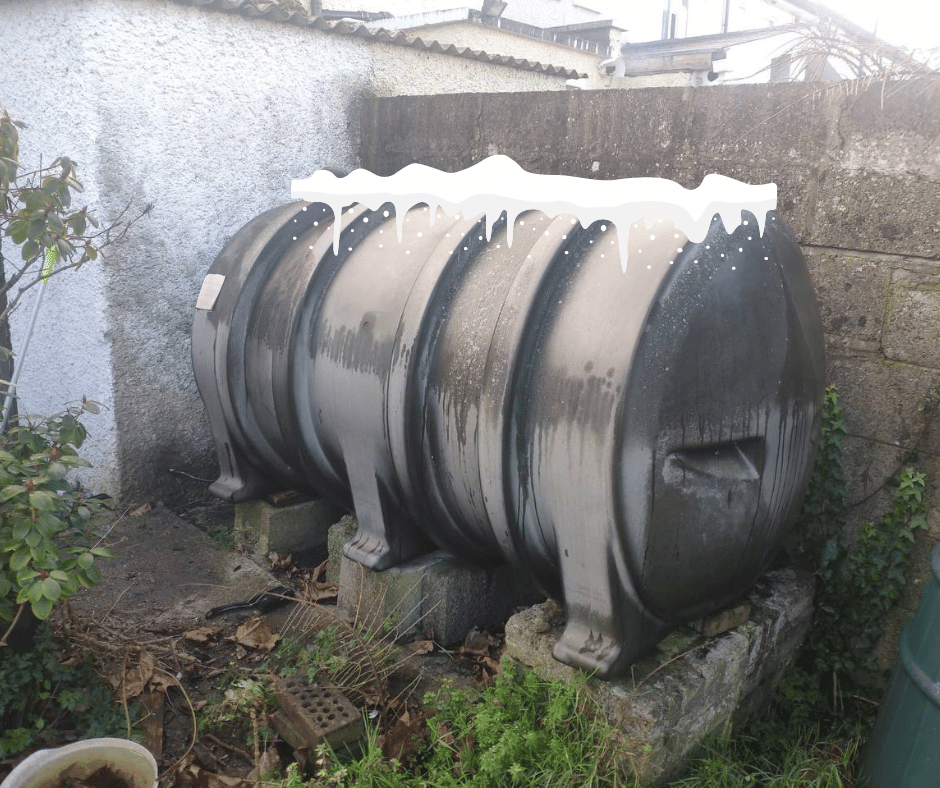"How cold weather affects plastic heating oil tanks" is becoming a critical concern for homeowners. The chill in the air isn't just a signal to bundle up, it's also a reminder to ensure the safety and efficiency of your heating oil tanks. Understanding the effects of the cold on these vital tanks and taking preventative measures is key to maintaining a warm and comfortable home.
Why is it important to understand how cold weather affects plastic heating oil tanks?
Heating oil tanks, especially plastic ones, are designed to be durable. However, they are vulnerable to the harsh winter conditions in Ireland. The phrase "how does cold weather affect plastic heating oil tanks" is not just a question, but a stark reality that can cause the materials to become brittle, increasing the risk of cracks and leaks. This isn't just a nuisance, it's an environmental hazard and a financial drain.
Heating oil tanks, especially plastic ones, are designed to be durable. However, they are vulnerable to the harsh winter conditions in Ireland. The phrase "how does cold weather affect plastic heating oil tanks" is not just a question, but a stark reality that can cause the materials to become brittle, increasing the risk of cracks and leaks. This isn't just a nuisance, it's an environmental hazard and a financial drain.
Proactive measures to protect your tank
Insulation: Insulating your tank is a first line of defence against the cold. It helps prevent the oil from thickening and the plastic from becoming brittle.
Regular inspections: Regular checks are essential, especially during cold spells. Look for signs of damage or wear.
Strategic placement: When installing a new tank or moving an existing one, choose a location that receives some sunlight to help with natural heating.
Maintenance and professional checks: Regular maintenance by a professional can identify and rectify potential problems early on.
Use oil additives: Some fuel oils are available with additives to help them flow better in cold weather. Check with your supplier for suitable options.
Draining water: Remove accumulated water regularly to prevent freezing and damage.
Emergency plan: Always have a contingency plan in case of leaks or other problems.
Regular inspections: Regular checks are essential, especially during cold spells. Look for signs of damage or wear.
Strategic placement: When installing a new tank or moving an existing one, choose a location that receives some sunlight to help with natural heating.
Maintenance and professional checks: Regular maintenance by a professional can identify and rectify potential problems early on.
Use oil additives: Some fuel oils are available with additives to help them flow better in cold weather. Check with your supplier for suitable options.
Draining water: Remove accumulated water regularly to prevent freezing and damage.
Emergency plan: Always have a contingency plan in case of leaks or other problems.
Consider replacement?
Sometimes, despite all precautions, older tanks may not be able to withstand harsh weather conditions. This is where Oil Tank Replacement (https://oiltankreplacement.ie) can help. We supply and fit modern, durable Carbery tanks designed to withstand Ireland's cold weather.
Bottom line
Understanding "How cold weather affects plastic heating oil tanks" and taking proactive steps to mitigate these effects is essential to maintaining a warm, safe home during Ireland's winter months. With proper care, regular maintenance and consideration of services such as oil tank replacement, you can ensure that your tank remains functional and efficient even in the coldest weather.








